For two home cooks-turned-content creators, food isn’t just a business. It’s also a way to remain connected to their Hawaiʻi roots.
Images by Kana Motojima
Anna Archibald and Kevin Serai never intended to start a business. But three years ago, in the early days of their life as a couple and sharing a mutual love of cooking, a casual post on TikTok wound up leading to a whole new career path. “When we started dating, we got into watching recipe videos,” says Archibald, 27, who previously worked as a graphic designer. “Cooking at home was something to do as a fun activity, and we wound up posting a few videos.”
One of those videos — of a mille-feuille nabe, a Japanese-style hot pot dish made with layers of cabbage and pork — went viral. “There was something about the way it looked that really made it pop,” she explains, describing the colorful ribbons of meat, vegetables, and mushrooms in a simmering dashi broth. But it was also relatively simple to prepare, and that combination — a recipe easy enough to make for anyone while being aesthetically worthy of social media posts — made it take off. The video wasn’t just about the food, though. “The way we filmed it was crude and casual, in our small Brooklyn kitchen,” adds Serai, 34, who had been working in marketing for brands like Saturdays NYC and Cool Hunting and producing limited-run apparel for his label Waialae Sportswear. “It felt more like a peek into our lives, and we gave a little more of ourselves each time.”
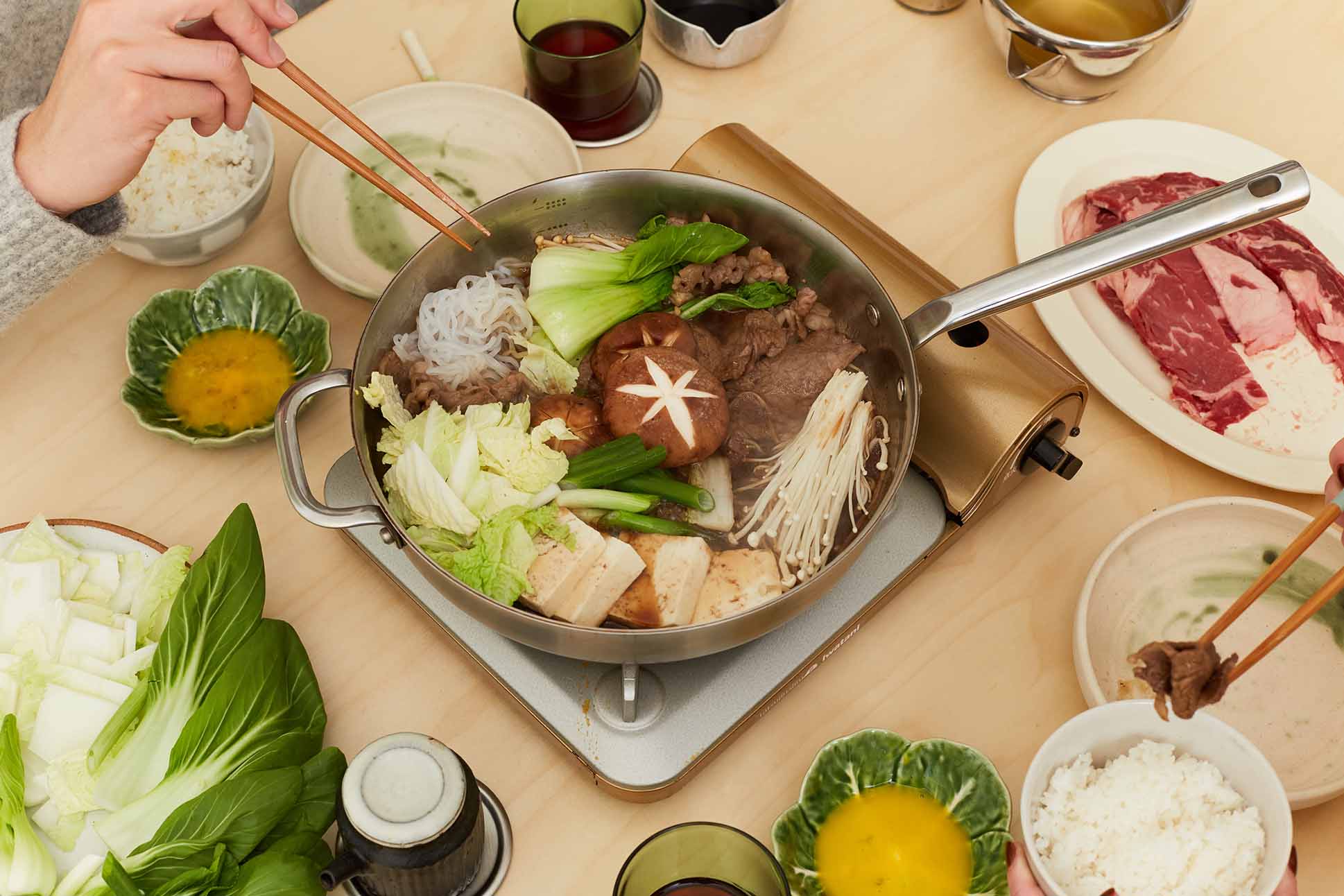
Those initial glimpses into the life of Archibald and Serai, both born and raised on Oʻahu, were the start of Cabagges World, their food brand that defies easy categorization. It’s part blog, part visual diary, with a continually-updated volume of Japanese-inflected recipes (spicy cold noodles, uni carbonara, a baked sweet potato sundae) and a string of collaborations already under their belts (their latest is a chilled red wine called Last Summer Whisper, in partnership with the Los Angeles-based natural wine company Jumbo Time Wines). Currently, they have almost 900,000 Instagram followers but their website still has the lo-fi, relaxed sensibility of that first post on TikTok. “To us, we’re sort of defined through our followers and viewers, since they constantly tell us that Cabagges World is a space where they can connect with food in different ways,” explains Serai. “Our recipes tend to be straightforward and more approachable, so we’ve seen many entry points for connection, whether they’re using one of our recipes as a bridge to their Japanese heritage, or sending one of our videos to a partner to say, ‘Hey, can you make this?’ We also see groups of friends that will make our food for a party.”
It felt more like a peek into our lives, and we gave a little more of ourselves each time.
Kevin Serai
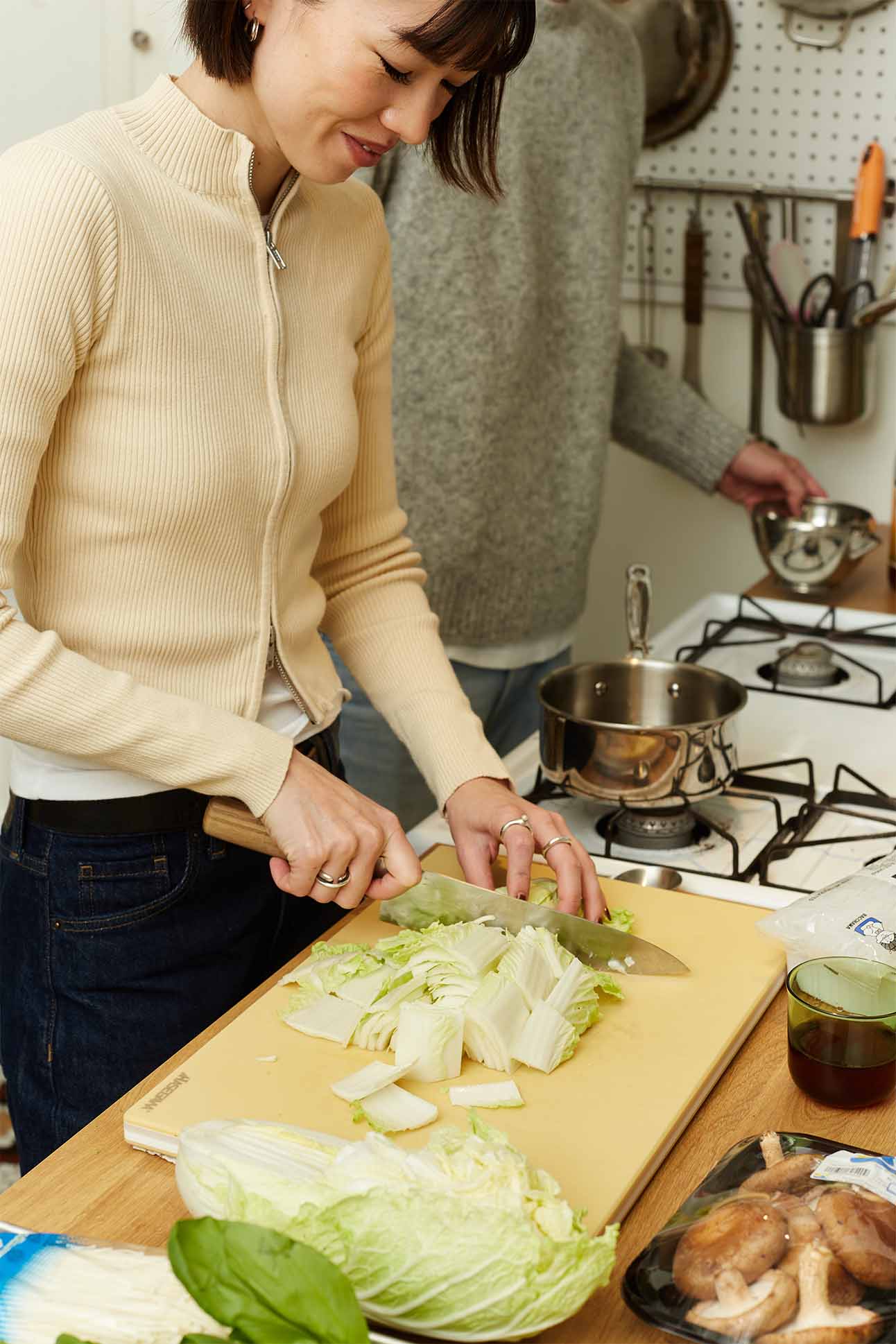
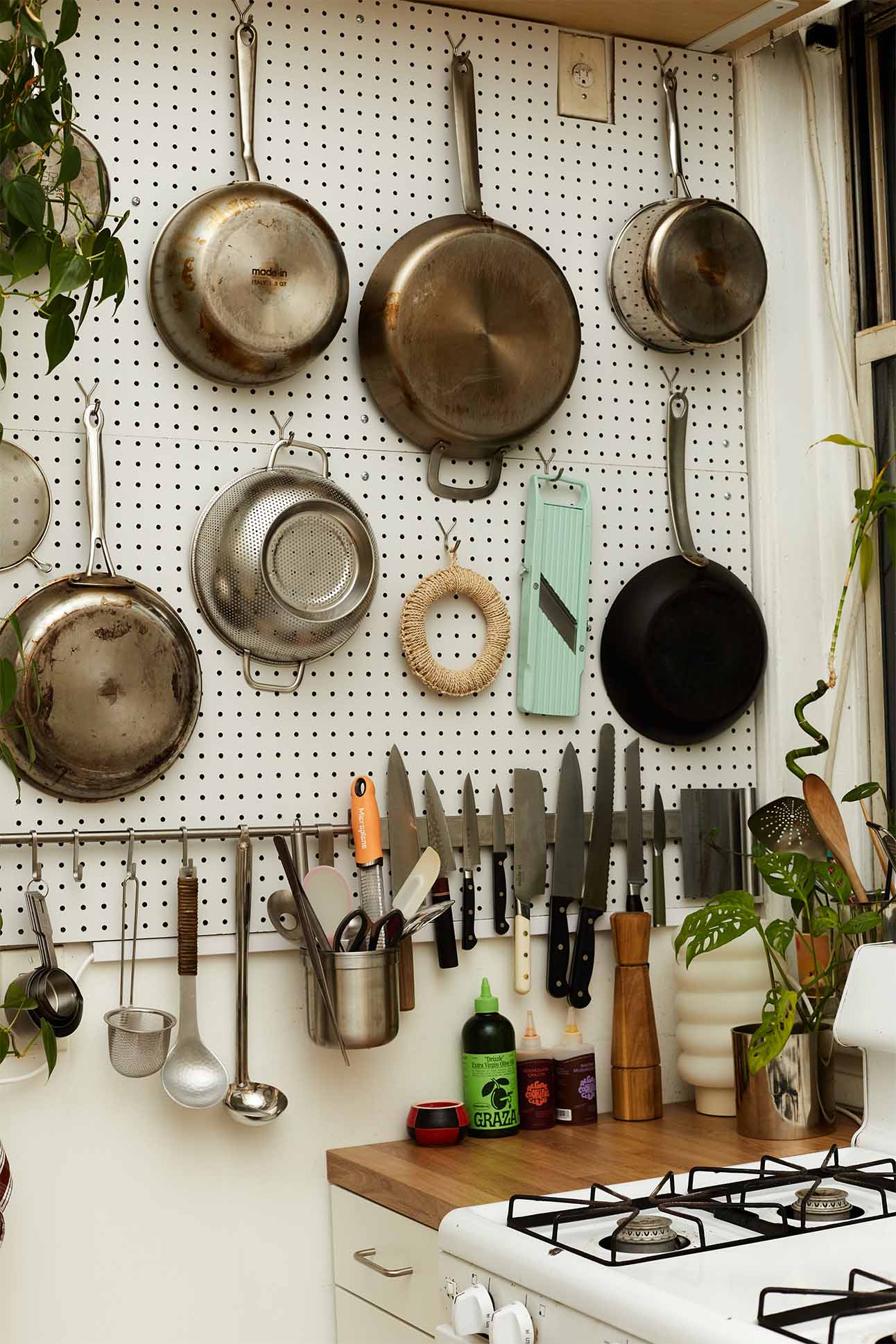
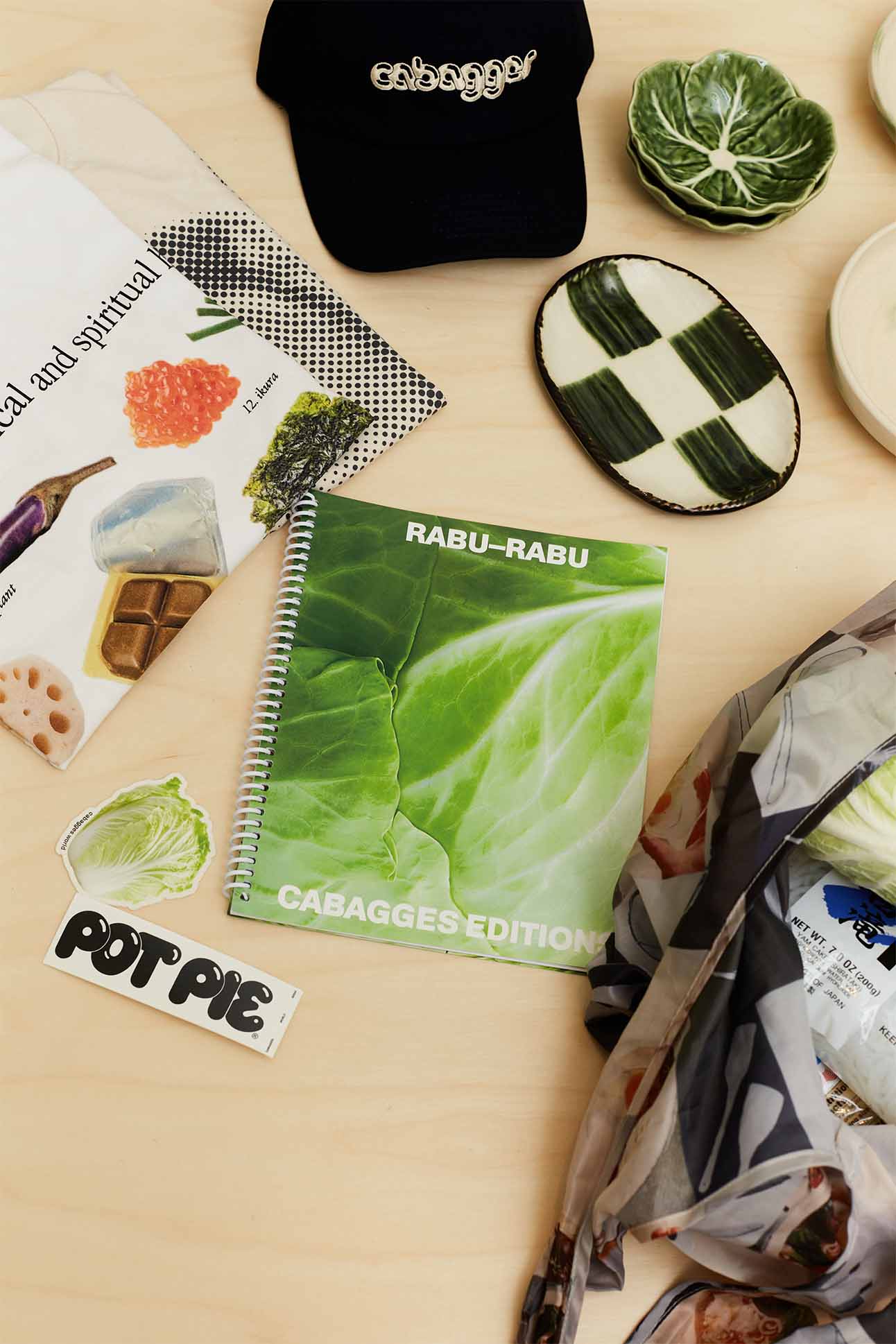
Serai also notices how their content seems to especially resonate with young people who might otherwise feel intimidated throwing a dinner party or having people over for a home-cooked meal. “We try to show them that cooking doesn’t have to be super ‘chef-y,’” he says. In other words, Cabagges World reveals to its followers that there is a middle ground between professional cooking and throwing something into the microwave at home. The brand’s name itself (the correct spelling was already taken on TikTok) has grown to exemplify this humble ethos, referencing the commonly used vegetable in Asian cuisine embraced for being versatile, reliable, and cheap. “[The name] feels representative of the type of food we like to make,” Serai says, “which is all about making something special with the basic staples you have.”
While that spirit of “anyone can cook” is a big aspect that draws people into the couple’s world, it’s also their distinct point of view as Hawaiʻi creatives living in NYC (specifically, in the Williamsburg neighborhood of Brooklyn). Although Serai, who grew up in Kahala and attended ʻIolani School, and Archibald, a Mid-Pacific Institute graduate from Kāneʻohe, are both from Oʻahu, it wasn’t until a few years into living in New York that they met through mutual friends. Both are half-Japanese, and having a shared hometown and culture informs every aspect of their work. “Japanese food is a primary influence, but being from Hawaiʻi plays such a big part in our recipes, and many of our references come from that as well,” says Archibald. Serai adds that “you’ll see a lot of local flavor scattered throughout our recipes,” which include garlic shrimp inspired by the food trucks on the North Shore, or a Zippy’s-style spaghetti infused with flavorful Hayashi cubes. By coming back to Honolulu twice a year (recently, they were home for a month over the winter holiday season) those ties to Hawaiʻi remain strong. Among the spots they regularly hit are Young’s Fish Market for beef stew, Sekiya’s for old school Japanese, Foodland for poke, and Liliha Bakery and Rainbow Drive-In for local comfort food. “Coming home resets us,” Serai says. “There’s nothing like chatting with aunties and uncles and feeling that unique warmth you don’t get anywhere else.”
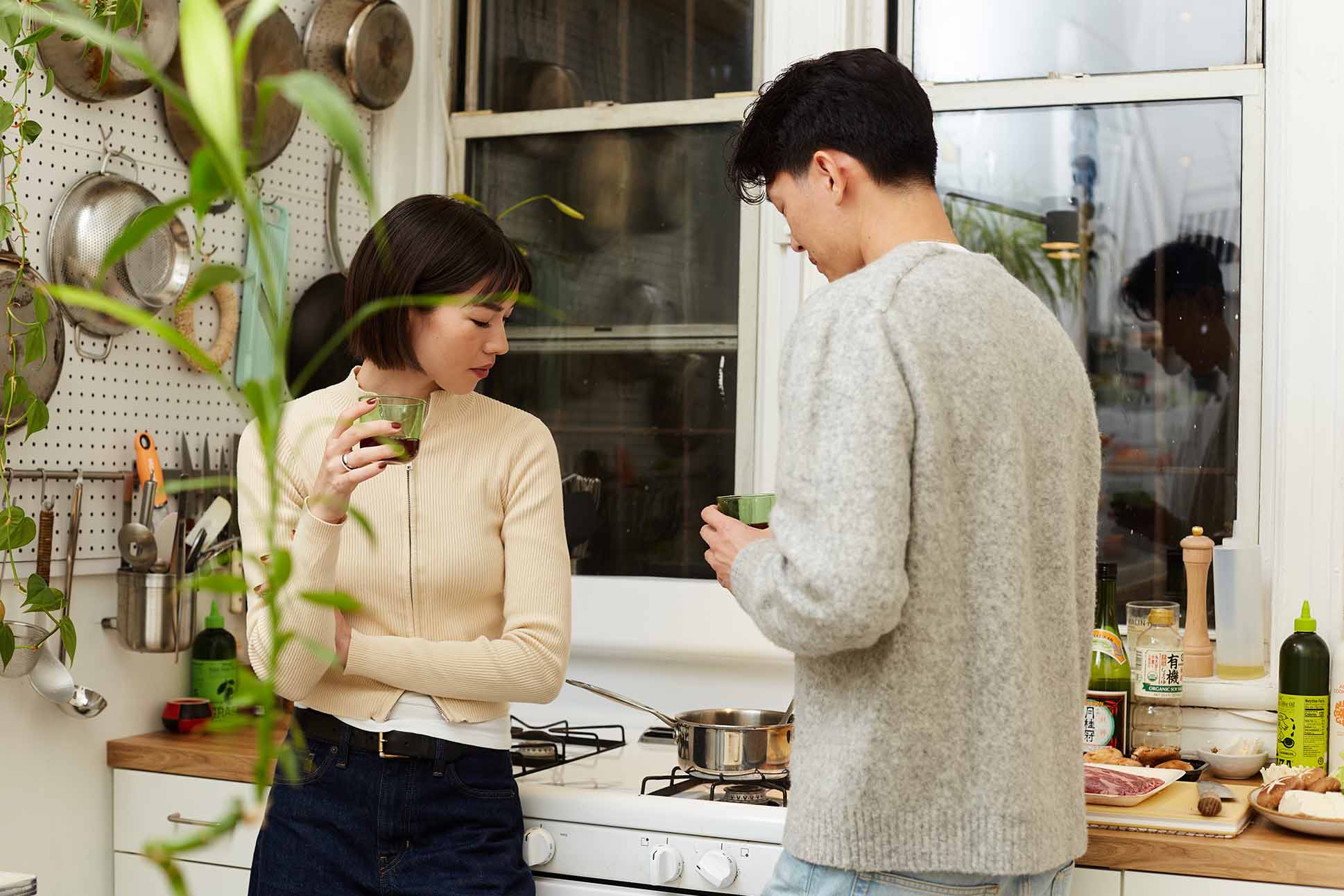
Looking towards the future, the pair are planning to publish a proper cookbook, in addition to the zine-style recipe book, Rabu-Rabu: Cabagges, they created last year with publisher Friends Edition (which quickly sold out on pre-order). They’ll also be adding more longform videos to their YouTube channel, which, for now, includes dreamy food-focused travel vlogs of a recent trip to Paris and their time at home on Oʻahu (next up: Japan). But you get the sense, when talking to them, that keeping things intimate and maintaining that close connection to their audience is always going to be central to what they do. And granted the production value of their videos and posts might be higher now than that first TikTok back in 2021, at the end of the day, the heart of their work remains simple: two people in love and who love to cook for each other.

